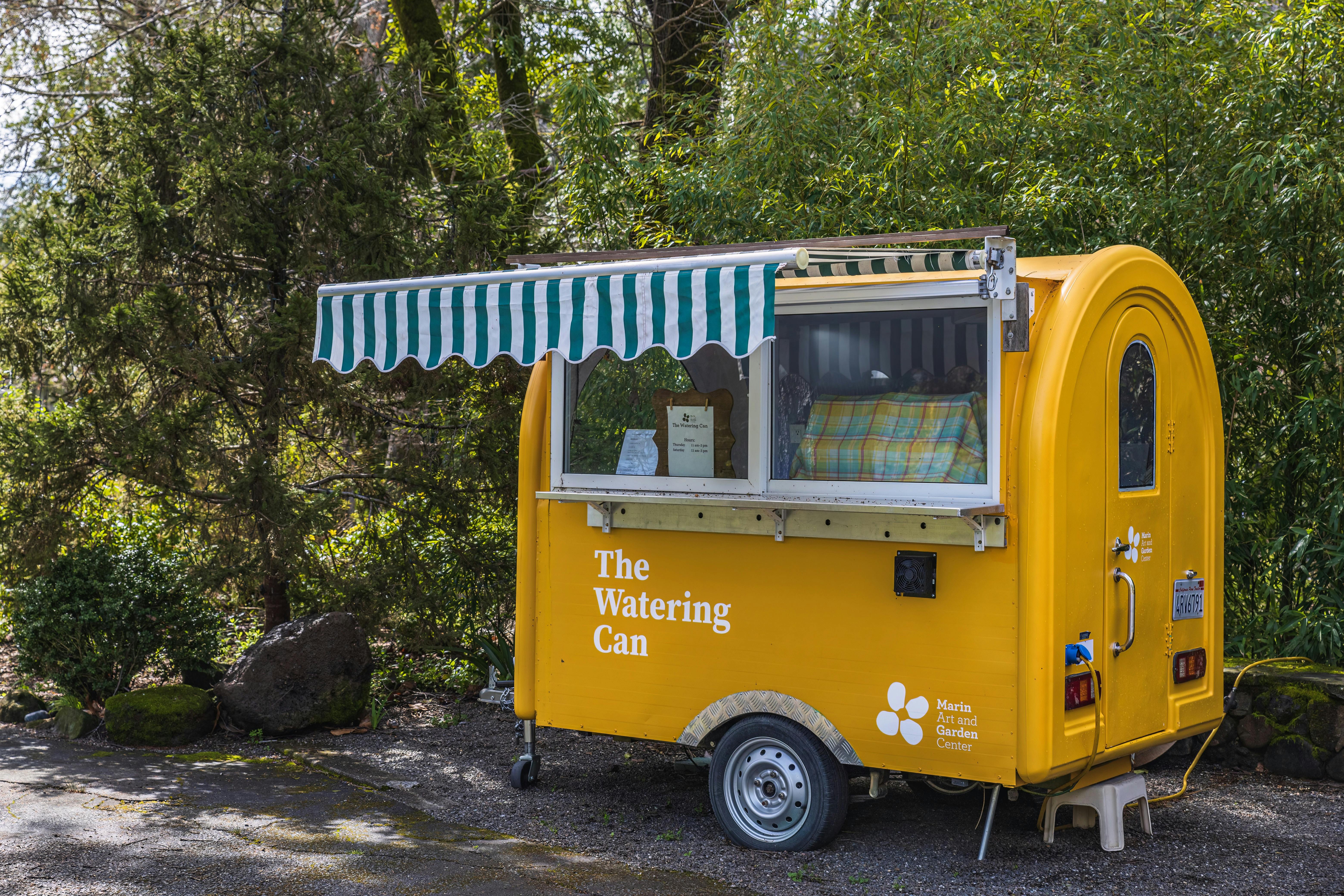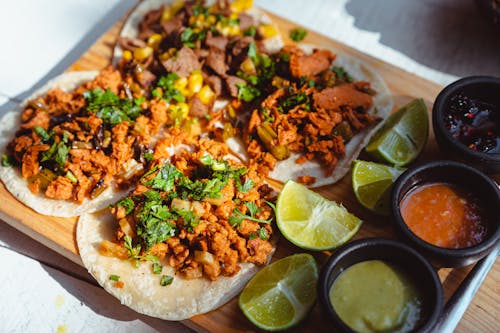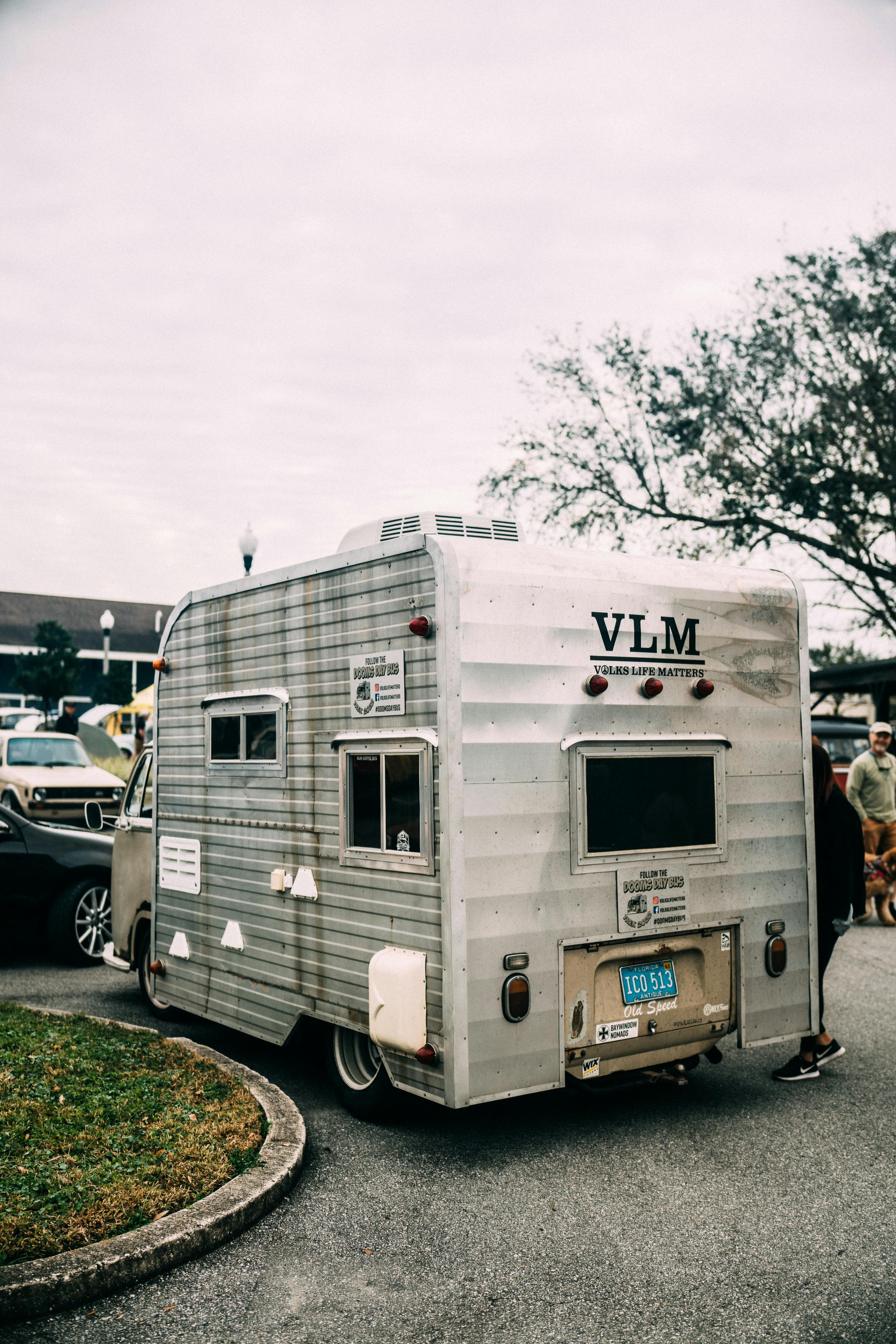Food Trailers for Sale in Indiana
Food Trailers for Sale in Indiana: A Comprehensive Guide

Food Trailers for Sale in Indiana Image Source: Pexels
## Introduction to Food Trailers
Food trailers have become increasingly popular in recent years as a flexible and cost-effective option for entrepreneurs looking to enter the food industry. With their mobility and versatility, food trailers offer aspiring chefs and business owners the opportunity to showcase their culinary skills and establish a thriving food business. If you’re considering starting a food business in Indiana, this comprehensive guide will provide you with all the information you need to know about food trailers for sale in the state.
Why Choose a Food Trailer?
Flexibility and Mobility
One of the primary advantages of investing in a food trailer is its flexibility and mobility. Unlike traditional brick-and-mortar restaurants, food trailers allow you to take your business wherever your customers are. Whether it’s a local festival, a sporting event, or a busy downtown area, food trailers can be easily transported to different locations, giving you the opportunity to reach a wider customer base.
Lower Startup Costs
Compared to opening a physical restaurant, starting a food trailer business typically requires lower startup costs. While the exact cost may vary depending on factors such as the size and customization of the trailer, it is generally more affordable than leasing or purchasing a commercial space. This makes food trailers an attractive option for entrepreneurs with limited capital who still want to pursue their passion for food.
Versatile Menu Options
Food trailers offer a wide range of menu options, allowing you to cater to different tastes and dietary preferences. From traditional comfort food to gourmet cuisine, the possibilities are endless. Whether you specialize in burgers, tacos, pizza, or vegetarian dishes, you can create a menu that reflects your culinary expertise and appeals to your target audience.
Finding Food Trailers for Sale in Indiana
Now that you understand the benefits of food trailers, it’s time to explore how to find food trailers for sale in Indiana. Here are some key steps to consider:
Research Online Marketplaces
Start your search by exploring online marketplaces specializing in the sale of food trailers. Websites like FoodTruckEmpire and UsedVending provide a wide selection of food trailers available for purchase. These platforms allow you to filter your search based on location, price range, and specific features.
Contact Local Dealers and Manufacturers
Reach out to local food trailer dealers and manufacturers in Indiana. They can provide you with information about their current inventory and any upcoming sales or promotions. Visiting their showrooms can also give you a chance to see the trailers in person and ask any questions you may have.
Attend Food Truck and Trailer Expos
Food truck and trailer expos are excellent opportunities to connect with industry professionals and explore a variety of food trailers for sale. These events often feature a wide range of vendors, allowing you to compare different models, sizes, and designs. Additionally, you can network with other food truck owners and learn from their experiences.
Consider Customization Options
When searching for food trailers for sale, consider your specific business needs and customization options. Some vendors offer the option to customize your trailer’s layout, equipment, and branding. This can help you create a unique and personalized food trailer that aligns with your vision and enhances your brand identity.
Factors to Consider When Buying a Food Trailer
Before committing to a purchase, it’s important to consider several factors that will impact your food trailer business’s success. Here are some key considerations:
Size and Layout
Determine the appropriate size and layout for your food trailer based on the type of cuisine you plan to serve and the equipment you will need. Ensure that the trailer’s dimensions can accommodate your cooking equipment, storage space, and serving area while maintaining a comfortable working environment.
Equipment and Appliances
Evaluate the trailer’s existing equipment and appliances, such as grills, fryers, refrigerators, and sinks. Ensure that they meet your specific requirements and are in good working condition. If necessary, consider the cost and feasibility of upgrading or replacing the equipment to suit your menu and operational needs.
Licensing and Regulations
Before purchasing a food trailer, familiarize yourself with the licensing and regulations governing food businesses in Indiana. Ensure that your trailer meets all health and safety standards and that you have the necessary permits to operate legally. It’s advisable to consult with local health departments and regulatory agencies to ensure compliance with all requirements.
Maintenance and Upkeep
Consider the maintenance and upkeep required for your chosen food trailer. Regular cleaning, equipment servicing, and repairs are essential to keep your trailer in optimal condition. Factor in the costs and time associated with maintenance when budgeting for your food trailer business.
Financing Options for Food Trailers
Once you’ve found the perfect food trailer, you may need to explore financing options to make your purchase. Here are some common financing routes to consider:
Self-Funding
If you have the necessary capital, self-funding can be an advantageous option. By using your personal savings or liquidating assets, you can avoid interest charges and maintain full ownership of your food trailer. However, this approach may limit your available capital for other business expenses.
Bank Loans
Traditional bank loans are a common financing option for purchasing a food trailer. Research local banks and credit unions that offer business loans and compare their interest rates and repayment terms. Prepare a comprehensive business plan and financial projections to increase your chances of securing a loan.
Equipment Financing
Some financial institutions specialize in equipment financing, which can be an ideal option for purchasing a food trailer. Equipment financing allows you to spread the cost of the trailer over a fixed term, making it more manageable for your cash flow. Be sure to compare rates and terms from different lenders to find the most favorable option.
Conclusion
Starting a food trailer business in Indiana can be an exciting and rewarding venture. With their flexibility, affordability, and versatility, food trailers offer a unique opportunity to turn your culinary passion into a profitable business. By following the steps outlined in this guide and considering the key factors involved, you’ll be well on your way to finding the perfect food trailer for sale in Indiana. So, take the first step towards your entrepreneurial journey and begin exploring the thriving food trailer market in Indiana today!
Additional Information: It’s important to conduct a thorough inspection of any used food trailers before making a purchase. Look for signs of wear and tear, structural integrity, and functioning equipment. Consider hiring a professional inspector to ensure that the trailer is in good condition and meets all safety requirements.
Tone of Voice: The tone of this article should be informative and engaging, appealing to aspiring entrepreneurs who are passionate about the food industry. The language should be approachable and easy to understand, while still conveying expertise and authority on the subject matter.










